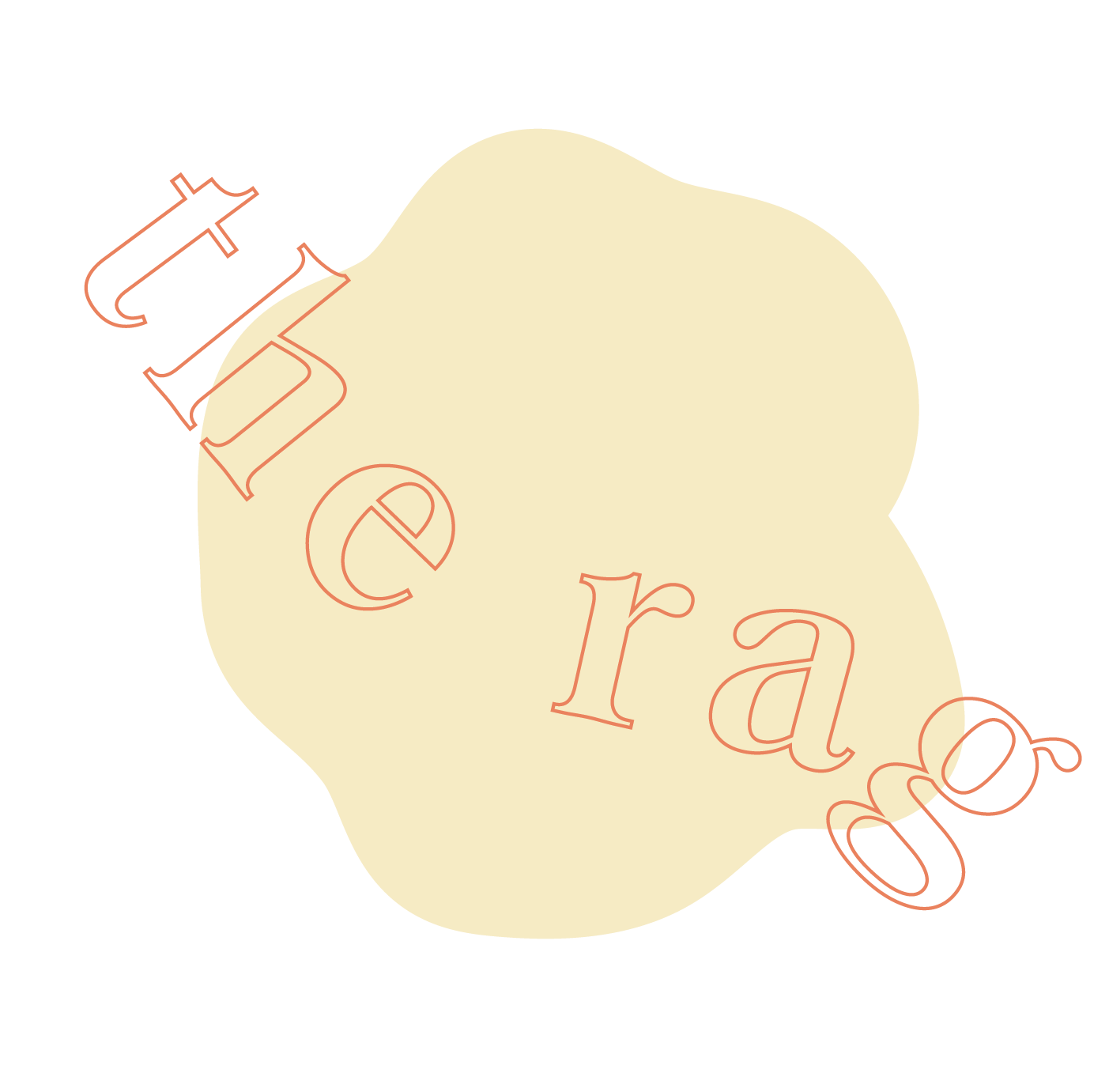Parenting Sermon
Exodus 20:12
Honor your father and Mother that it may be well with you and you may live long on the land.
What is the difference between parenting and grandparenting?
On the one hand, there is very little difference putting one or two or three kids to bed at night as a parent or a grandparent. They resist. They need another drink of water. They have to go to the bathroom, again. They bargain: one more story, just one more story? They can’t stand the idea of separating from you or each other or the day – and so they rage against the dying of the light with all the cunning they can muster.
On the other hand, there is a huge difference between being one or the other. A grandchild can accuse you of reading the story “wrong” with the fire of a fundamentalist preacher. A grandchild can “lie” to you by arguing that “Mommy always stays in the room till I fall asleep” or using some other fiction, against which you are powerless and perplexed.
Both parents and grandparents can be equally “good” or “bad” at their jobs. Surely a not so good and a really good and a truly horrible caretaking does have an impact on the child being tended. Parenting can be better or worse. It is on a continuum of capacity. But the capacity is that of being able to love and enjoy a child – not in any series of tasks, interventions or games. A child can be “good” and not doing well in school. A child can be “bad” and doing great in school. Likewise, the so-called good child can have lots of friends to whom he is rotten. Vice versa. Love is not a parent’s or grandparent’s projection on the child: Love is love is love. It means that you fundamentally enjoy the child as unconditionally as you know how to do. You are not unconditional all the time. Unconditionality has conditions when it comes to humans. Thank God for God. Thank God that God is more than uninterested in how good or bad we are or are not.
Good caretakers understand that it is about the child and not about them. When people say the apple doesn’t fall far from the tree, good caretakers retort. They say, thank you, of course. And then they say they’ll be happy to take credit for their children if that means they also have to take blame for them. In other words, they really don’t like the folk wisdom, so sneaky and surfeit is it with blame. Good caretakers keep the tree healthy and hope the fruit is healthy and don’t judge themselves by the quality of the fruit. They know there are many factors, internal and external, to the apple tree’s health. Good stock surely matters. So does a sudden early frost in the fall or a late one in the spring.
Of course, we want our children to “succeed” in the world. When my son faced his son’s possible diagnosis of a serious learning disability, he had only one important question. “Will he be able to function on his own in the world?” That question was not about my son. That was about my grandson. He was not talking about himself. He was talking about his son. As Khalil Gibran said it so well, “Our children are not our children. They are arrows shot from us into the future.” As evolutionary creatures, evolving always, what we want most for our children is the future, one that has their brand and not ours on it. At our best, we want our children to “outdo” us in living.
Grandparents like to say that grandparenting is fun because you can go home. Like most folk wisdom, that is also somewhat true. But if you are worried that your daughter is too stressed to parent well or that your son sounds a lot like your father or your husband, that fear may also come home with you. You may find yourself “blaming” yourself for shortfalls you see in your children. You may even take home more than one thing or too. You may spend tons of time and money with a therapist about how your daughter-in-law really feels about you or you feel about her. You can go home. And then again you can’t go home again.
More than one grandparent spends a lot of time at home rehearsing speeches she knows she won’t give. Why won’t she give them? Because she remembers how she felt when her mother told her how to raise her children. She also read the grandparent manual: points one to ten are “stay out of it.”
If there are very few differences between parenting and grandparenting, which resembles God the most? There is no doubt. God may be perceived as our “father” but is really our “grandfather” or our “godfather.” Yes, grandparent is more like it. God is up close and personal like a parent and reads the story right. God also knows when to stay out of it – even though we all wish God would get into it a little bit more. “Only if invited,” God says with a wink.
Let us Pray: Invite us to live long on the land, generation after generation. Amen.
